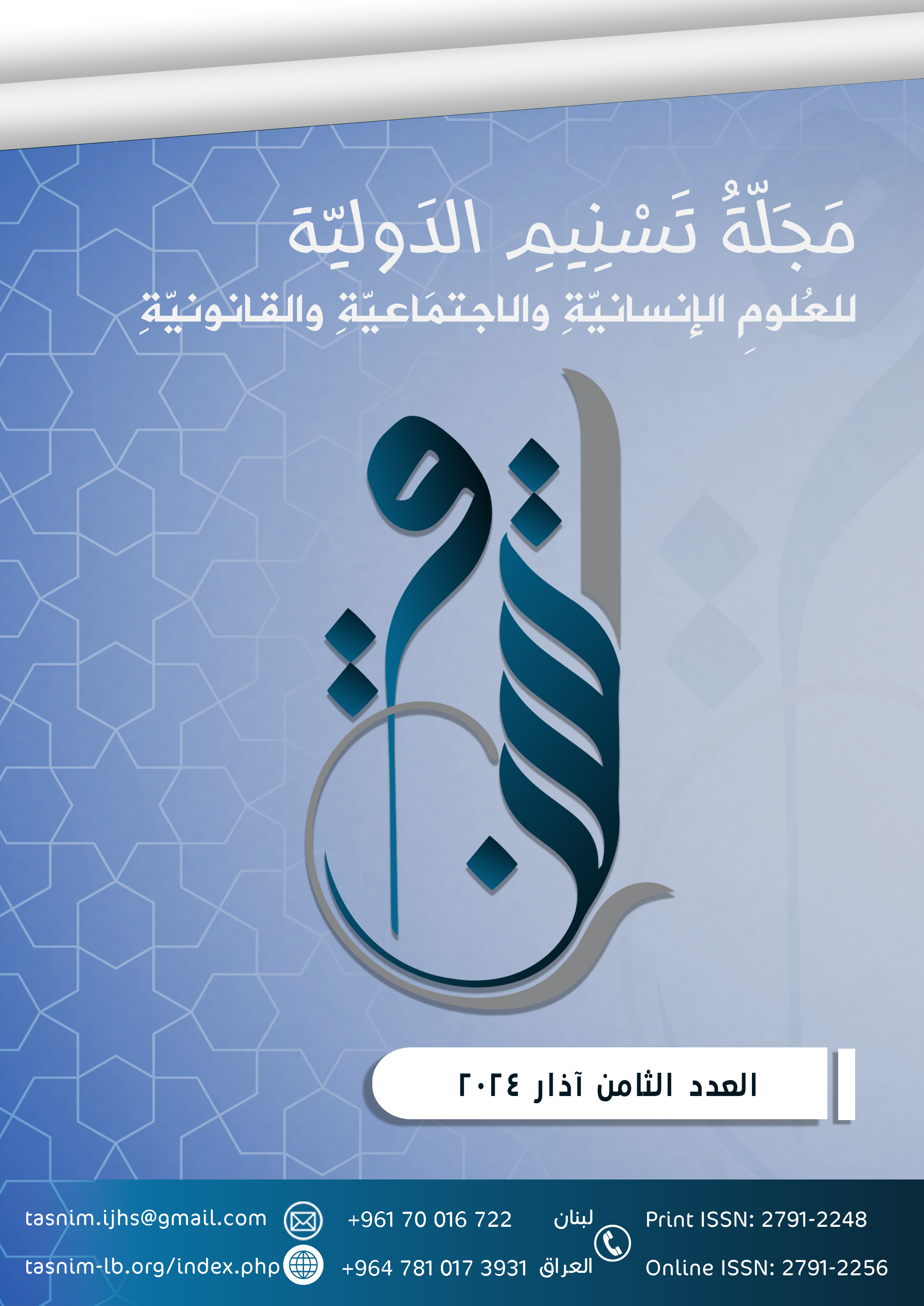The Intellectual and Cognitive Rooting in its Historical Dimensions: Lady Fatima (Peace Be Upon Her) as a Case Study
DOI:
https://doi.org/10.56924/tasnim.8.2024/3Keywords:
Lady Fatimah Zahra (pbuh), Life of Lady Fatimah (pbuh), Grief of Lady Fatimah (pbuh), Position of Lady Fatimah (pbuh)Abstract
Whoever looks at the life of Lady Fatima al-Zahra, peace be upon her, will have intellectual and cognitive perceptions about all her social, political and economic positions, and by reading historical texts and observing them with concentration, he will see that there is a rooting that Lady al-Zahra (peace be upon her) intended to be a witness to the events of the era of the message and what the affairs of Sharia After the coup, there are ideas or questions that many interested and researchers have in mind, the first of which is the nature of her short life, which did not exceed eighteen years, and the second is its impact on the emergence of the upper house, and the third is its attitudes towards the Messenger of God (may God bless him and his family and grant them peace) whether In the era of the message or after his death, and the most important thing in that life is what we see in the grief of Lady Fatimah, peace be upon her, for her father? As she suffered a lot from civil society, she intended in her speech to know that society with the positives and negatives that reflected their positions from the era of the Muhammadiyah message, so they were its supporters, but they were not like that after his death, so they did not stay on their approach, but changed their thinking and impression about the prophethood, the Imamate or the caliphate from After him, and this issue is very important, as there are facts that happened after the death of the Messenger of God (may God bless him and his family and grant them peace), but the civil society did not care about it and tried not to give it that importance that was clear in the thought of Lady Fatima, peace be upon her, so the idea of research came as an attempt In re-examination of her intellectual and epistemological positions in order to give a coherent picture in its content of the subject in order to reach a new reading to understand those positions, as it is not wise for Lady Al-Zahra (peace be upon her) to grieve and go out to the grave of the Messenger of God (may God bless him and his family and grant them peace) and complain to him about what It happened after him, so was she, by her exit at that time, trying to reflect on the civil society that she was not satisfied with their attitudes towards the Messenger of God (may God bless him and his family and grant them peace) after finding them that he had failed him in his will and did not support him, rather they stood by falsehood and supported him, or did Mrs. Zahraa see It wanted to reflect another fact that the Prophet of Mercy (may God bless him and his family and grant them peace) was killed by a conspiracy by some and this is what made her sadder day after day. Lady Fatima al-Zahra, peace be upon her, in the life of her father, the Messenger of God (may God’s prayers and peace be upon him and his family), while the second axis will focus on the grief of Lady al-Zahra (peace be upon him) in the historical accounts, and the third axis: it is about al-Zahra in the balance of the people of Medina after the death of the Messenger of God (peace be upon him). With this division, the research will be an attempt to extrapolate the reality of the state of that era and what happened or what happened close to an event that occurred at that time. And may God bless him and grant him peace) even several of the five weeping ones. This sadness carries secrets that the narrations did not disclose directly, but rather kept its truth in the meanings it carried, indicating that Zahra’s insistence on her grief indicates that she tried to reverse a painful truth that occurred that will remain clear through subsequent generations. I stayed life.
Downloads

Downloads
Published
How to Cite
Issue
Section
License
Copyright (c) 2024 Tasnim International Journal for Human, Social and Legal Sciences

This work is licensed under a Creative Commons Attribution-NonCommercial-NoDerivatives 4.0 International License.





